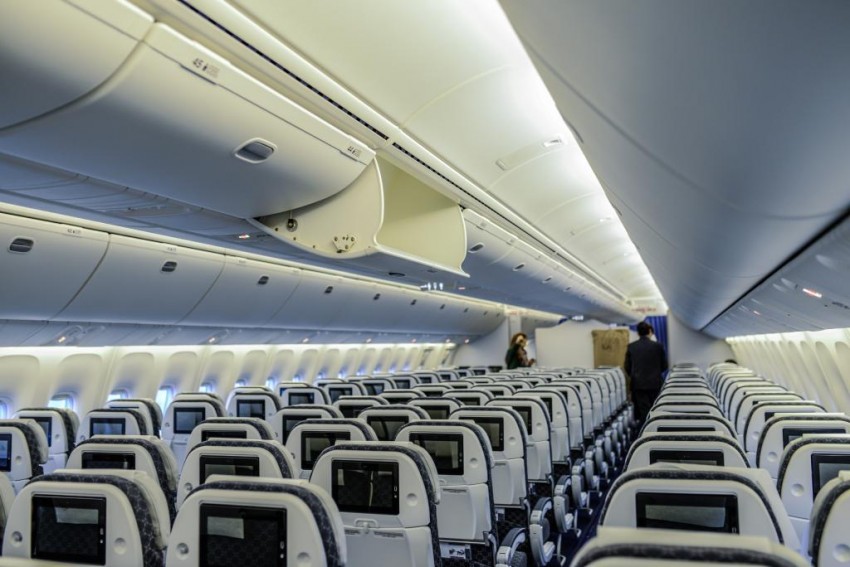
When you think about it, it makes sense people are far more afraid of being in an aircraft than say, driving a car. The reality is, however, that far more people die in road accidents and the probability of you dying in a plane crash is 11,000,000 to 1.
Still, phobias are irrational things and if you can’t beat them, the least you can do is figure out ways to cope with them. Because like it or not, refusing to fly means limiting your travel, career and leisure options. That conference isn’t going to wait while you take a month-long sea trip instead of a quick(er) flight.
Here’s how you can cope with your onboard terror.
1. Check in early so you can choose the best seat for you
While of course flying in first class would be the most comfortable and stress-free option, for most of us it isn’t an option. With online check-ins being standard for most commercial flights, take advantage of that and choose a place to sit that will give you the most comfort. You would think a window seat would be more calming with the view outside, but the constant reminder that you’re thousand of metres above the ground might make things worse. Choose an aisle seat as near to an exit as possible so you can have the exit door within view, as a reminder that you will be off the flight sooner than you think.
2. Tell the cabin crew of your fear early, before take-off
I once sat next to a man with a flying phobia. Sometime during the flight, he started getting shrill about demanding water from the cabin crew. Unfortunately it was also the time refreshments were being served and the cabin crew, not knowing about his discomfort, asked that he wait his turn. He proceeded to get very panicked and started shouting loudly in the cabin. It was an unfortunate situation, which was stressful for everyone involved. You can, with hindsight, avoid something for the most part with a little forward planning.

3. Keep busy and distract yourself
Letting yourself dwell on your fears will have you imagining the worst on your flight. Bring your own headphones, a sleeping eye mask, your own reading material or perhaps electronics. During takeoff and landing, keeping your eyes glued on a magazine is one way of distracting yourself. Stress balls, scented oils, wrapping yourself in a blanket – do what it takes (within reason) to keep yourself comfortable.
It is too easy to let your imagination go wild – that serious-looking air flight attendant might just be having a stomach cramp, not hiding secret knowledge that your plane is falling apart.
4. See your doctor before the flight
In some cases, anti-anxiety medications might help. It is far better to have your doctor prescribe something rather than rely on over-the-counter medications. You can also talk to your doctor about options for therapy if your fears have become serious enough to impede your travelling. Be sure to bring a prescription with you to avoid unnecessary complications at the airport.
5. Settle your affairs before flying
While sometimes it is unavoidable, take care of things that could stress you out on flight. If you obsessively wonder about what would happen to your loved ones should something happen to you then perhaps sort that out anyway. The reality is that you are far more likely to die in a road accident or from heart disease than on a plane but why not sort out all the messy paperwork so you can at least tell yourself that you’ve made all the arrangements? It might sound morbid but it’s one less negative thought to dwell on as you fly.
Articles you may also like:
How to make coach feel like first class (sort of)